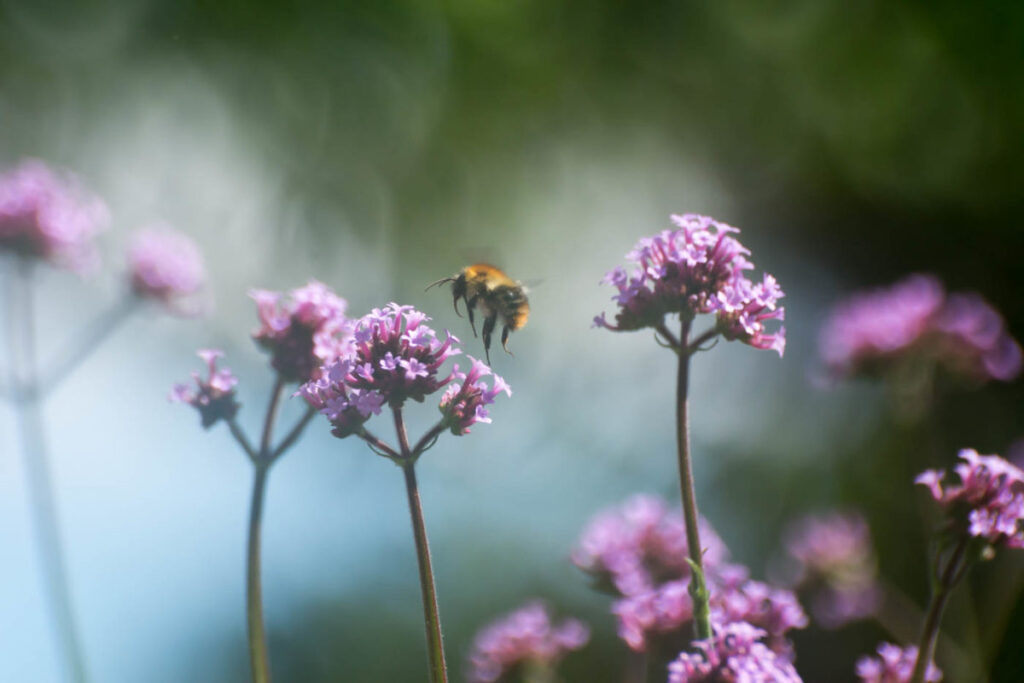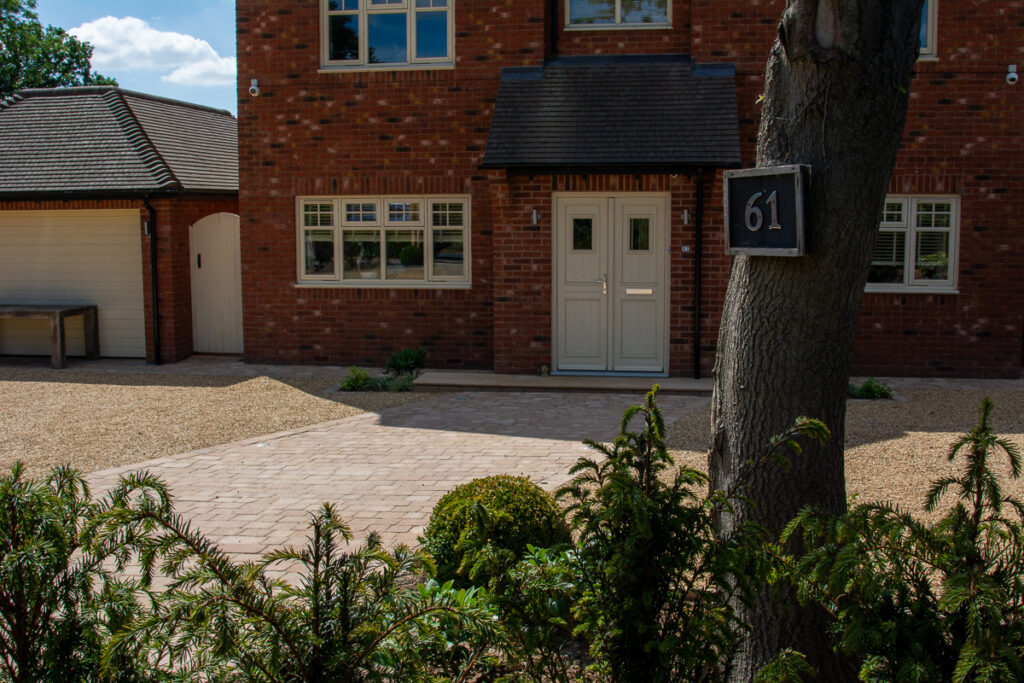Garden Trends – 20 for the 20s

It’s that time of year…
Chances are you’re starting to think about your garden. If you’re not sure where to take it we thought that with the start of a new decade it would be fun to have a go at predicting some of the garden trends and practices we’d expect to be seeing over the next decade. It might help inform some of the decisions you make in your own garden. So, in no particular order here are our 20 for the 20’s…
- Purposeful. Gardens will be more than something to look at and enjoy; we think they will be increasingly designed and built to achieve things too. So, for instance, they might be helping to manage rain water within your property, or boosting wildlife habitat, etc.
- Wildlife. We’d expect to see a more relaxed style to our gardens as supporting wildlife becomes ever more important. Increasing development plans brings with it decreasing wildlife habitat and we expect to see more and more people want to do more for our beleaguered wildlife.
- GYO. As plant based diets, increasing food costs and the need to know where our food comes from continue to surge we’d expect to see more people growing their own.
- Indoor. Houseplants sales have been a growing trend over the last few years and we’d expect that trend to continue, driven mainly by increasing urbanisation, pollution and lack of access to nature.
- Containers. With increasing numbers of renters and gardens getting smaller and smaller container gardening is likely to make a big step forward as a portable, viable option for many dealing with little or no-soil spaces.
- Vertical. We’d expect to see many more living walls appear driven mainly by lack of space and a changing climate.
- Green roofs. Currently concentrated around London, Birmingham and Manchester we’d expect to see green roofs more widely spread around the UK. The benefits of them far outweigh any negatives.
- Low maintenance. While we see the drivers behind people’s decisions about their gardens changing, time-poor people generally want to enjoy their gardens rather than ’maintain’ them.
- Technology. Where there’s a will there’s usually an app for it! We expect the use of tech in the garden to grow over the next decade.
- Sustainable choices. As awareness of the climate crisis grows we expect growing consumer demand for more sustainable options to elicit significant changes in garden related markets.
- Soil. We expect to see soil care taking centre stage in gardens with no-dig outweighing dig methods, home composts and green manures being increasingly used.
- Composting. We expect to see increasing numbers of people home composting driven by soil and waste awareness, and economics.
- Organic. The organic market has seen consistent steady growth over the last six years and we expect to see that trend continuing through the next decade.
- Plastic. Worth a mention of its own, the plastics battle is likely to rage throughout the 20s and beyond. In the design and gardening fields we expect to see a major shift in demand to natural and plastic-free materials.
- RRR. We expect to see a buoyant reclamation sector emerge around the landscaping industry as people’s desire to Reduce, Reuse and Recycle materials grows. On more individual levels we expect to see a growing trend for personal upcycling/repurposing garden projects.
- Water management. Future predictions for the UK weather points to hotter, drier summers and much wetter, warmer winters so water management is likely to play an increasingly important part of our garden planning.
- Adaptive planting. Increasingly our plants need to cope with significant weather events so we expect to see more adaptive planting styles coming to the fore. Plants are likely to be chosen more for their adaptability than their looks.
- Trees, shrubs & hedges. With their superior ability to help mitigate flooding, reduce temperature and support wildlife we expect to see a resurgence of tree, shrub and hedge planting across UK gardens.
- Plant biosecurity. Increasing awareness of the potential import of foreign pests and diseases into our fragile eco-system will see the demand for reputable plant suppliers rise. However, with new customs practices and probable rise in plant costs we also wouldn’t be surprised to see a rise in black market plant sales potentially bypassing the plant passport system.
- British grown. Linked to the above we expect to see a big rise in the use of British grown plants.
